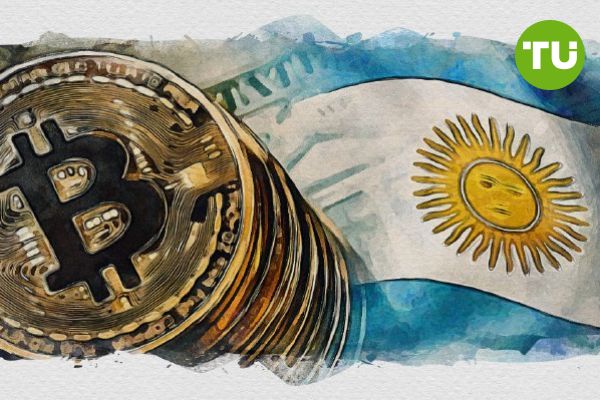Bitcoin to become legal currency in Argentina by 2025
 Argentina Bitcoin Legal Currency
Argentina Bitcoin Legal Currency
Argentina is undergoing a seismic economic shift under President Javier Milei, who has launched one of the most radical reform agendas in the country’s history.
With promises to dismantle traditional economic systems, Milei has slashed 90% of national taxes, opened the door for provinces to set their own fiscal policies, and unveiled a plan to make Bitcoin a legal currency by 2025, according to Cryptopolitan.
The libertarian leader’s actions have drawn praise from global investors but ignited protests at home. The International Monetary Fund (IMF) projects inflation to drop from 211% in 2023 to 45% by 2025.
Monthly inflation has already declined from 12.8% to 2.4% since Milei took office. Bank of America has called his stabilization efforts "better than expected."
Economic Upheaval Sparks Mixed Reactions
While Milei’s moves aim to restore economic stability, they come at a cost. The removal of subsidies for essential services like food, utilities, and transportation has driven Argentina’s poverty rate from 40% to 53%, pushing over five million people into poverty. Cuts to public education and pensions have fueled widespread protests.
Global figures like Elon Musk and former U.S. President Donald Trump have backed Milei’s agenda. Trump praised the reforms as "incredible" during a recent meeting with Milei at Mar-a-Lago, while Musk hailed Argentina as "the last truly liberal country in the world."
Despite growing social unrest, Milei’s approval rating stands at 56%, with supporters viewing him as a disruptor finally addressing decades of economic mismanagement. His bold reforms have made Argentina a global test case for libertarian economics, with Bitcoin’s adoption poised to become a landmark experiment in currency decentralization.
The Argentine peso's value against the US dollar remains unchanged from a year ago, defying its previous trajectory toward hyperinflation. Recently there was a rapid drop in inflation rates, signaling a potential shift toward economic stabilization in Argentina.













































































































































